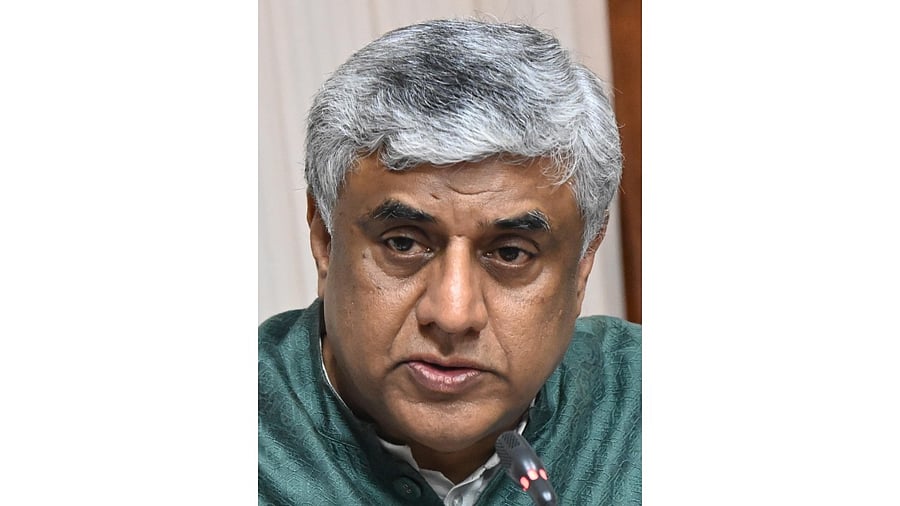
Rajeev Gowda
Credit: DH File Photo
Bengaluru: Climate education is a powerful tool for driving transformative action against environmental challenges.
However, a newly released report reveals that government action plans lack a structured educational approach, undermining their effectiveness.
The report, unveiled at the two-day Climate Education Summit, analyses India’s National Action Plan for Climate Change (NAPCC) and the State Action Plans on Climate Change (SAPCCs) of Karnataka, Tamil Nadu, Maharashtra, West Bengal, and Delhi. It stresses on the urgent need to integrate climate education into these frameworks.
"While the NAPCC mentions public awareness and capacity building, it lacks a comprehensive strategy for climate education, overlooking the role of schools, teacher training, and the integration of climate education as a core component of adaptation strategies. Similarly, the SAPCCs, while acknowledging the importance of awareness, often limit their approach to extracurricular activities like tree planting," a summary of the report said.
To strengthen climate education, the report recommends a national framework, budget allocation, cross-curricular integration, educator training, and higher education involvement.
In a pre-recorded keynote address, Prof Rajeev Gowda, chair of the All-India Congress Research Cell, highlighted the role of the National Education Policy (NEP) in bridging climate knowledge gaps.
"States like Karnataka, which have their own education policies, should aim to be ahead of the curve. Curriculums across subjects can be aligned to address climate challenges," he said.
Climate educators and communicators at the summit shared insights and best practices on engaging the public, particularly young people, in climate action.